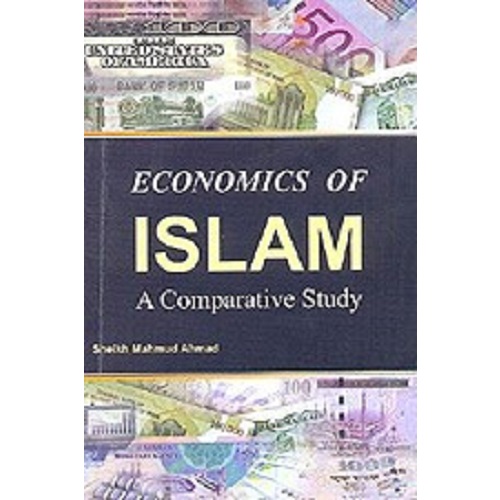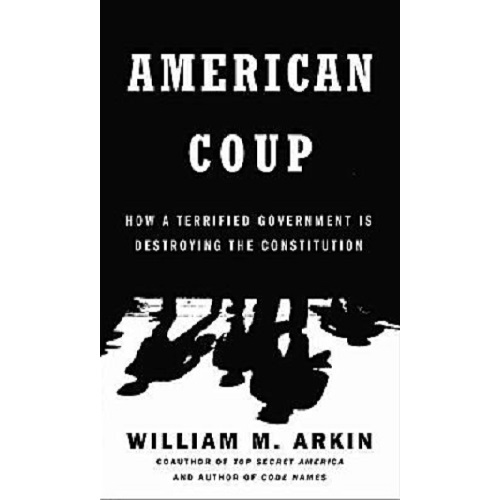Description
The book Economics of Islam – A Comparative Study attempts to state clearly Islamic principles in the economic field. Derived as they are from the Quran they have always been implicitly accepted by the Musalmans, even though they have not been always aware of the implications.
They present the premises of an economic structure which, if worked out today, would be fundamentally different from the existing economic systems in the world. Besides stating those principles in detail, the book outlines the economic structure to which they logically lead.
Leaving aside the Divine sanctions which they claim, we need to examine them on purely rational grounds in order to bring out their bearing on the complex economic and social problems that face us today.
An objective survey of the major economic systems, viz., capitalism, socialism and fascism, is made to bring out the bewildering problems that they present.
In chapters devoted to Islamic economic principles, it is suggested how many of these problems are eliminated in the Islamic order. Our second enquiry has been to find out how far and in what way the economic order envisaged by Islam lends itself to be executed in practice under the modern circumstances.
The Quran prohibits interest in an exceptionally imperative tone. Is it possible to continue and extend healthy economic enterprise in the absence of interest? The answer to the question has been attempted in the chapter entitled Islamic Banking.
Generally, the effort has been not to trespass on domains which fall outside the scope of economics. The effort, however, has not always been successful. Social sciences, particularly economics and politics, are found at times too closely linked to permit an exclusive treatment. Should an economic system lead to a peculiar political order, the evaluation of the former would be unbalanced without a reference to the latter.
Contents
Preface to the First Edition
The scope of the book
The difference in treatment from other books on the subject
Justification for a reference to Divine sanctions
Preface to the Second Edition
Chapter I: The Capitalistic Chaos
What is capitalism?
The claims of capitalism
Its culmination, a chaos
Crises
Capitalistic sabotage
Dumping
Money: the master
Chaos in thought
Chapter II: Interest
The Qur’an’s injunctions about interest
What is interest?
What is not interest?
Interest, venom for any economic order
Why should interest be paid?
Interest and crises
Interest and “capitalistic sabotage”
Interest and dumping
Interest and culture
Interest or profit
Chapter III: The Unsocial Socialism
What is socialism?
Marx, the philosopher
Marx, the historian
Marx, the economist
Marx, the Prophet
The problem of efficiency
Is Marxism dead
Achievements of socialism
The price of socialism
The unsocial socialism
Chapter IV: Zakat
The meaning of zakat
Importance of zakat
It’s purpose
Its special contribution
Conventional basis of assessment
An answer to Prof. Smith
Zakat for today
Chapter V: The Fascist Fiasco
The rise of fascism
The programme of National Socialism
Marxist verdict on Fascism
Marxist verdict examined
Fascism and Marxism compared
Total planning and liberty
Islam and Fascism contrasted
Chapter VI: Inheritance and Miscellaneous
Islamic Law of Inheritance
Its economic implications
Death duty
Miscellaneous
Chapter VII: Islamic Banking
Finance for public works
Finance for industry and commerce
Insurance
Finance for agriculture and cottage industries
Credit for consumptional purposes
A word on planning
Pakistan and Islamic banking
Author: Sheikh Mahmud Ahmad
Publisher: Adam Publishers
Year: 2014
Language: English
Pages: 228
ISBN/UPC (if available): 9788174355287







